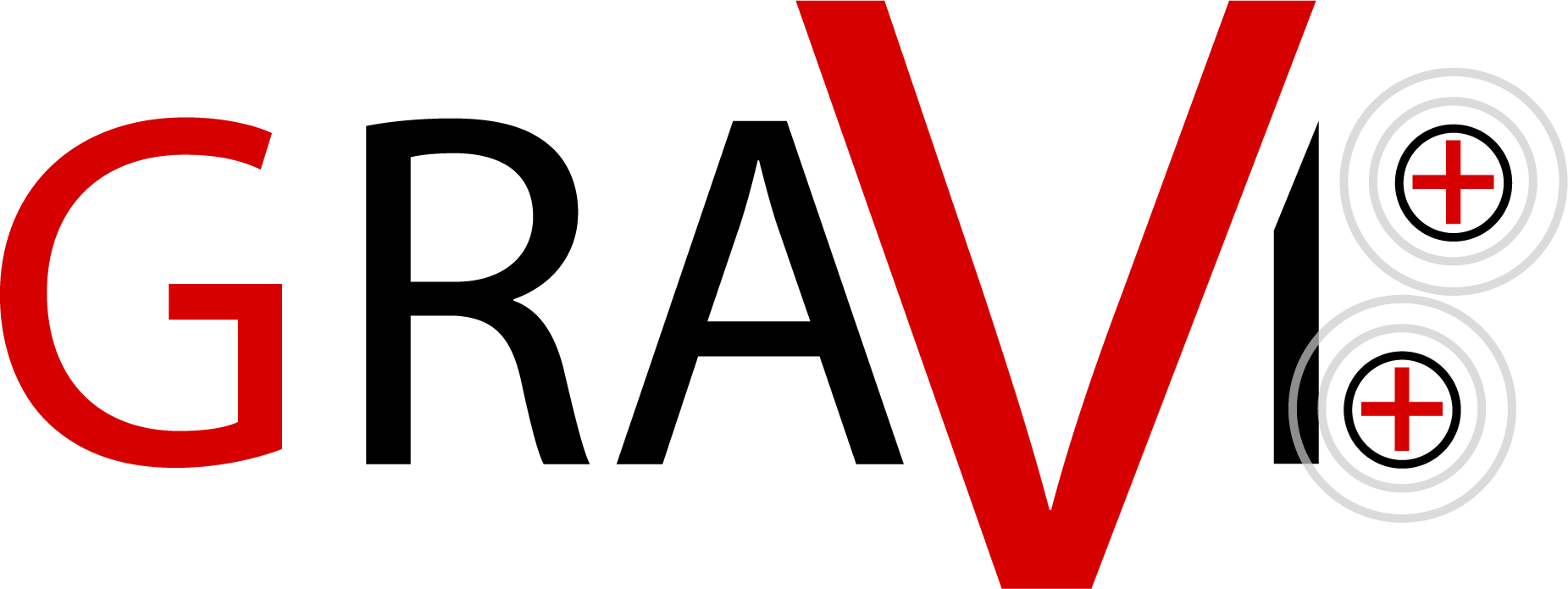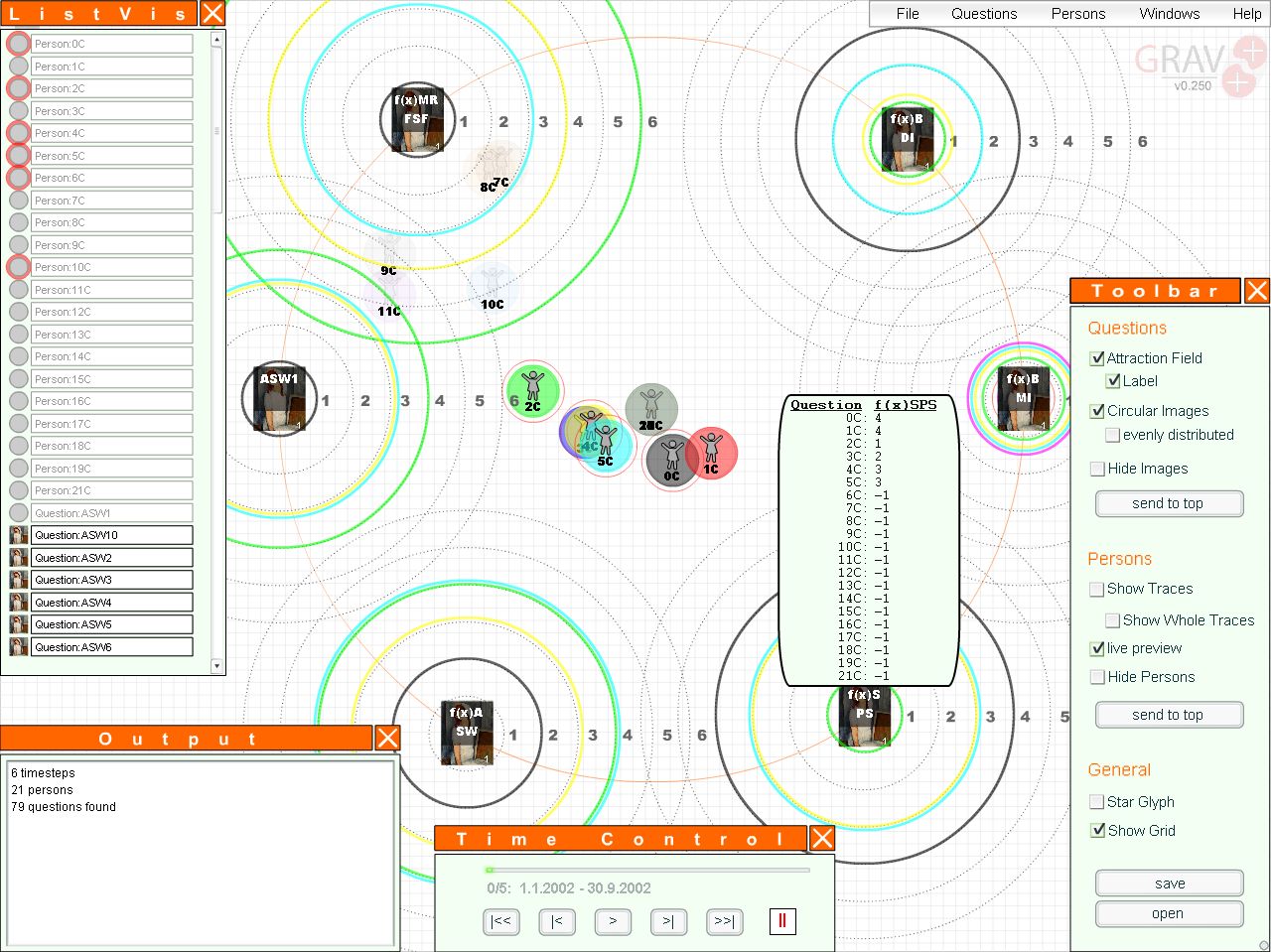Gravi: Difference between revisions
Jump to navigation
Jump to search
No edit summary |
|||
| (One intermediate revision by the same user not shown) | |||
| Line 10: | Line 10: | ||
== References == | == References == | ||
* | *Hinum Klaus, Miksch Silvia, Aigner Wolfgang, Ohmann Susanne, Popow Christian, Pohl Margit, Rester Markus. Gravi++: Interactive Information Visualization to Explore Highly Structured Temporal Data. ''Workshop IDAMAP 2005 Intelligent Data Analysis in Medicine and Pharmacology'', Journal of Universal Computer Science 11, 2005. | ||
* | *Rester Markus, Pohl Margit, Hinum Klaus, Miksch Silvia, Ohmann Susanne, Popow Christian, Banovic Slaven. Assessing the Usability of an Interactive Information Visualization Method as the First Step of a Sustainable Evaluation. ''Usability Symposium: Empowering Software Quality: How can Usability Engineering reach these goals?'', Austrian Computer Society (OCG) 198, 2005. | ||
[[Category: Techniques]] | [[Category: Techniques]] | ||
Latest revision as of 13:43, 4 April 2006

Gravi++ is an interactive Information Visualization for highly structured temporal data. It consists out of two overview visualizations (a simple list based and a more advanced small multiples based one) and a spring based core.
Gravi++ was created in the in2vis Project to gain new insights in the human reasoning process.

References
- Hinum Klaus, Miksch Silvia, Aigner Wolfgang, Ohmann Susanne, Popow Christian, Pohl Margit, Rester Markus. Gravi++: Interactive Information Visualization to Explore Highly Structured Temporal Data. Workshop IDAMAP 2005 Intelligent Data Analysis in Medicine and Pharmacology, Journal of Universal Computer Science 11, 2005.
- Rester Markus, Pohl Margit, Hinum Klaus, Miksch Silvia, Ohmann Susanne, Popow Christian, Banovic Slaven. Assessing the Usability of an Interactive Information Visualization Method as the First Step of a Sustainable Evaluation. Usability Symposium: Empowering Software Quality: How can Usability Engineering reach these goals?, Austrian Computer Society (OCG) 198, 2005.